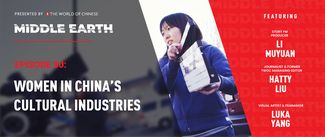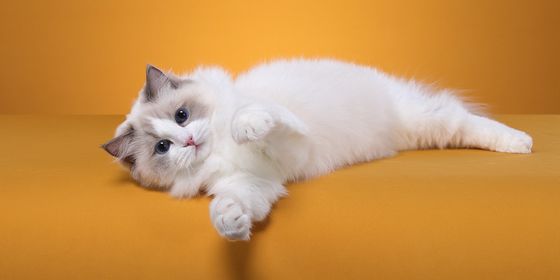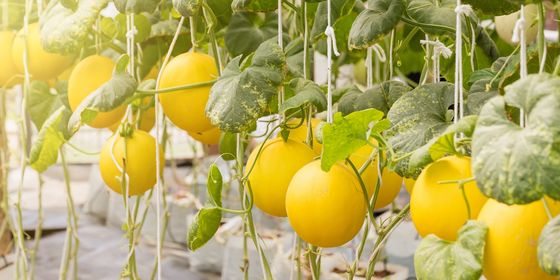Idioms for the dog days of summer
Choice Chengyu is a regular column, examining interesting, unique or newsworthy examples of chengyu—four-character idioms or proverbs, derived from historical and mythical events.
With temperatures soaring in most Chinese cities, one could be forgiven for thinking summer had arrived long ago. But according to the traditional Chinese calendar, there’s still a few days until it’s officially the hottest period of the year: Minor Heat (小暑), the 11th solar term of the year, with the Great Heat (大暑) still to follow.
A folk saying says: “During the Minor and the Great Heat, it’s as if one is being steamed and boiled (大暑小暑,上蒸下煮).” Besides embracing creative ways of cooling down, join the conversation with some fiery chengyu.
火日炙人 The burning sun scorches people
In ancient Chinese literature, the sun is frequently referred to as a big fireball, quite accurately, so many chengyu about the sun are associated with fire. This idiom describes an absolute scorcher of a day.
火伞高张 Fire umbrella opens high in the sky
Umbrellas are a source of shade in China today, but this metaphor describes the oppressive feeling of summer heat.
铄石流金 Melt stone and fuse gold
Some heat melts ice cream, some melts tarmac—but here’s how you describe heat so fierce as to melt even stone and gold.
汗流浃背 Flowing sweat soaks through the back
Summertime means sweaty commutes for Chinese city-dwellers. A common idiom to describe this time of year is 汗流浃背, which can also describe people sweating because of nervousness or fear.
挥汗如雨 Perspiration falls like raindrops
This chengyu comes from a tale about Yan Ying, a politician and diplomat of the State of Qi in the Warring States period. Once, on a mission to visit the King of Chu, Yan bragged that his home state was so populous that people walking down the street would “wipe off sweat that fell like raindrops” from everyone else. It has since evolved to describe perspiration due to heat or hard work.
吴牛喘月 The Wu buffalo pants at the moon
Many chengyu are related to animals. This one refers to buffaloes in the region of Wu, an area around Yangtze-Huai River region. According to A New Account of Tales of the World, a compilation of character sketches and anecdotes written between the first and sixth century, Wu buffaloes were so fearful of the scorching sun that even when they saw the moon at night, they would pant in discomfort. Nowadays, it can either describe hot weather, or a person who has lost perspective because of excessive fear.
浮瓜沉李 Floating melons and submerged plums
Once you’ve mastered describing the searing heat, you’ll no doubt want to avoid it. This chengyu refers to a method for keeping fruits cool in the era before refrigeration: People stored melons and plums in cool water, usually in a well, and consumed them after. Genius.
Cover image from VCG














